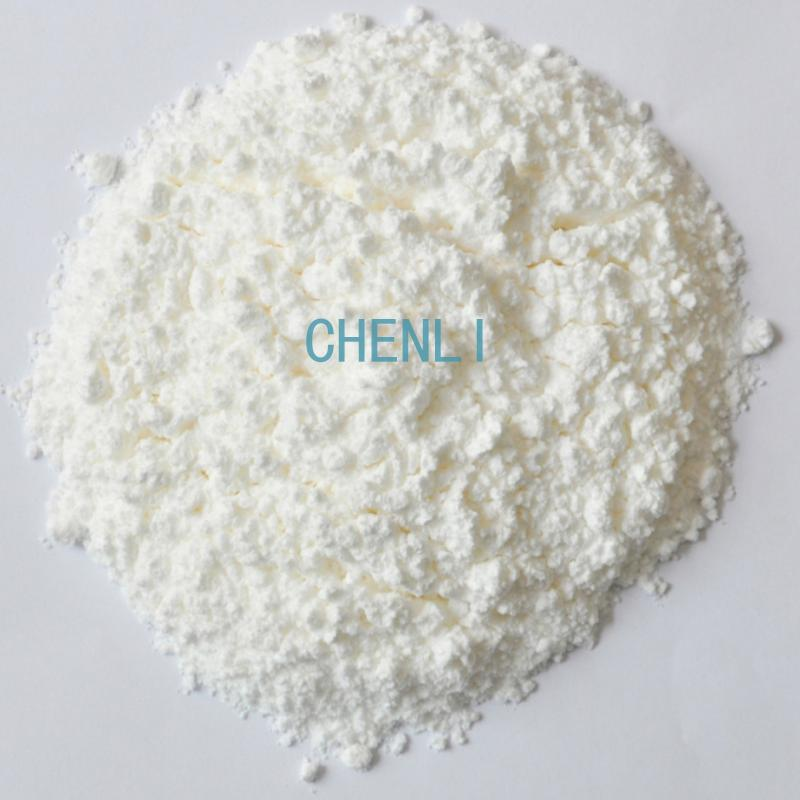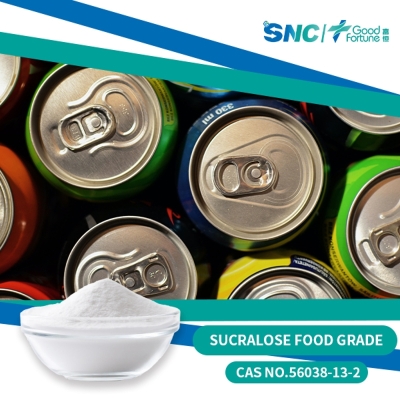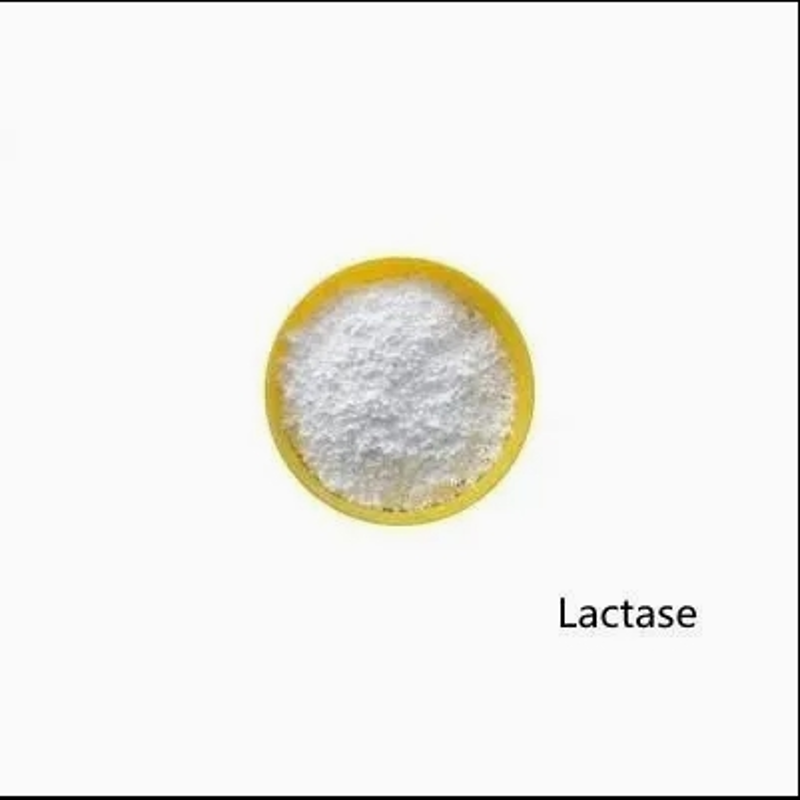-
Categories
-
Pharmaceutical Intermediates
-
Active Pharmaceutical Ingredients
-
Food Additives
- Industrial Coatings
- Agrochemicals
- Dyes and Pigments
- Surfactant
- Flavors and Fragrances
- Chemical Reagents
- Catalyst and Auxiliary
- Natural Products
- Inorganic Chemistry
-
Organic Chemistry
-
Biochemical Engineering
- Analytical Chemistry
-
Cosmetic Ingredient
- Water Treatment Chemical
-
Pharmaceutical Intermediates
Promotion
ECHEMI Mall
Wholesale
Weekly Price
Exhibition
News
-
Trade Service
Professor Robison Osipe presented his findings during Expointer 2018.
shows that if 2,4-D, a herbicide widely used in crops such as soybeans, sugar cane, corn, wheat, rice and coffee, is banned, brazil's agricultural production costs will increase by 418 per cent, and even if other herbicides on the market are used instead of 2,4-D, production costs will be significantly affected.
"Specifically, corn production costs will increase by 496 percent and sugar cane, wheat and rice cultivation costs will increase by 623 percent, 550 percent and 557 percent, respectively," Claudia Andrea Aquino Silveira, an agronomist and farmer at Urutau Farms, told AgroPages.com. The cost of D weed control is 50% lower than other products and is safe for users and adjacent crops, "with soybeans, for example, chlorpyure is a more economical herbicide, but its cost is still 50.51% higher than 2,4-D, while the cost of glyphosate and licorice will be 72.72 reais per hectare, an increase of 800%."
cornfields are no exception, with an average price of 8.19 reais per hectare for 2,4-D weeding and a cost of 48.46 reais per hectare for alternative herbicides, an increase of nearly 500 per cent.
"







